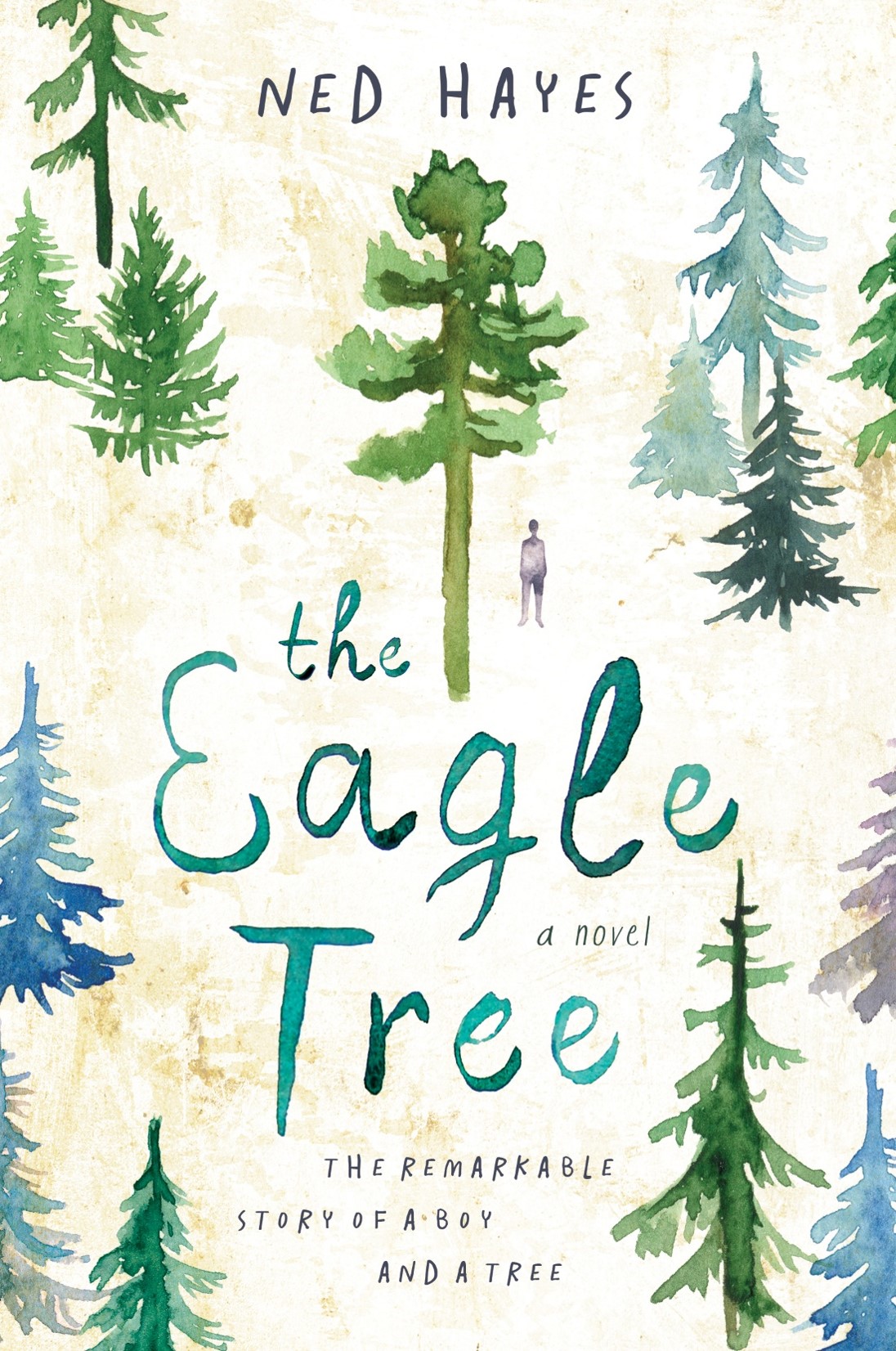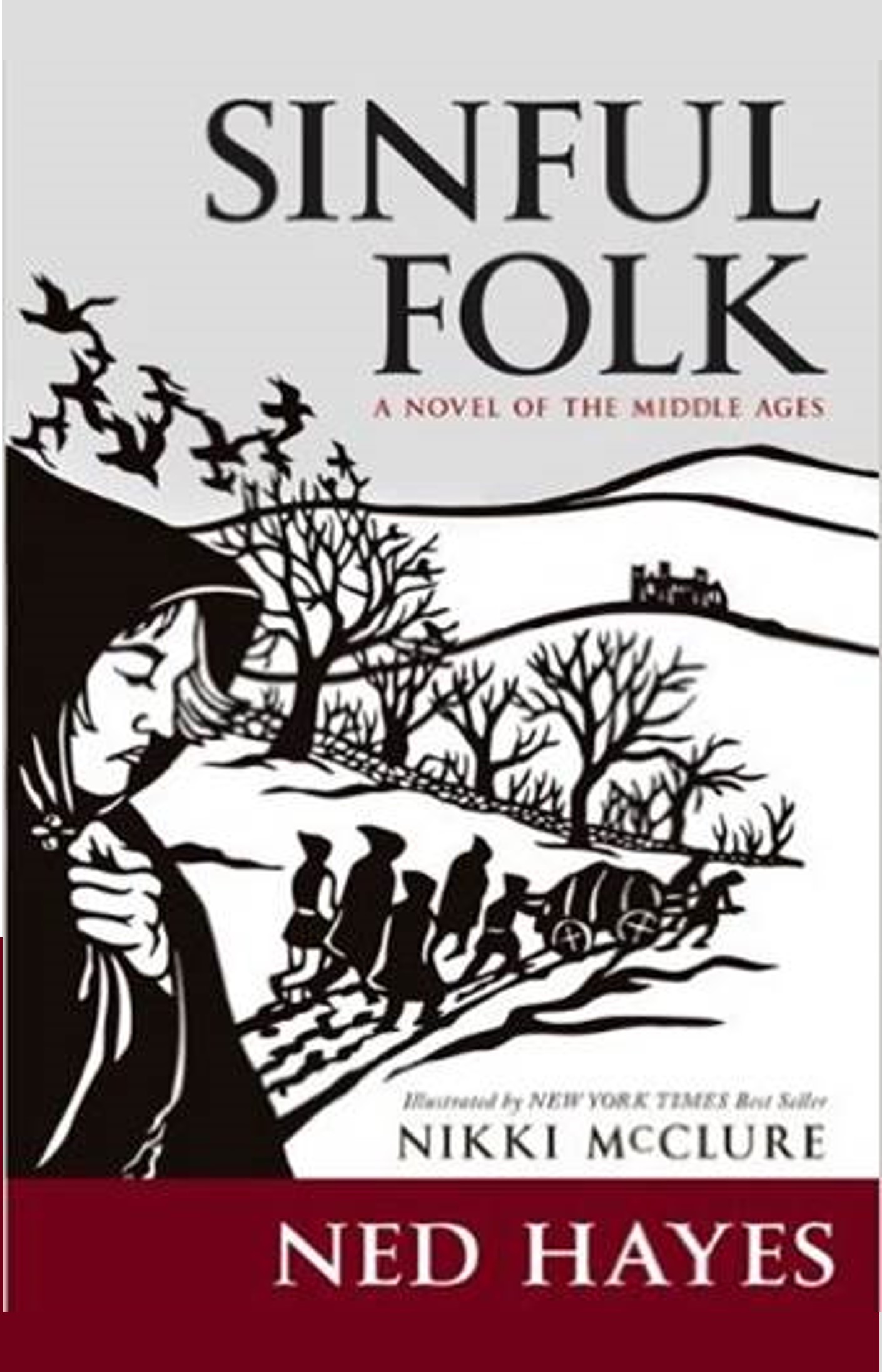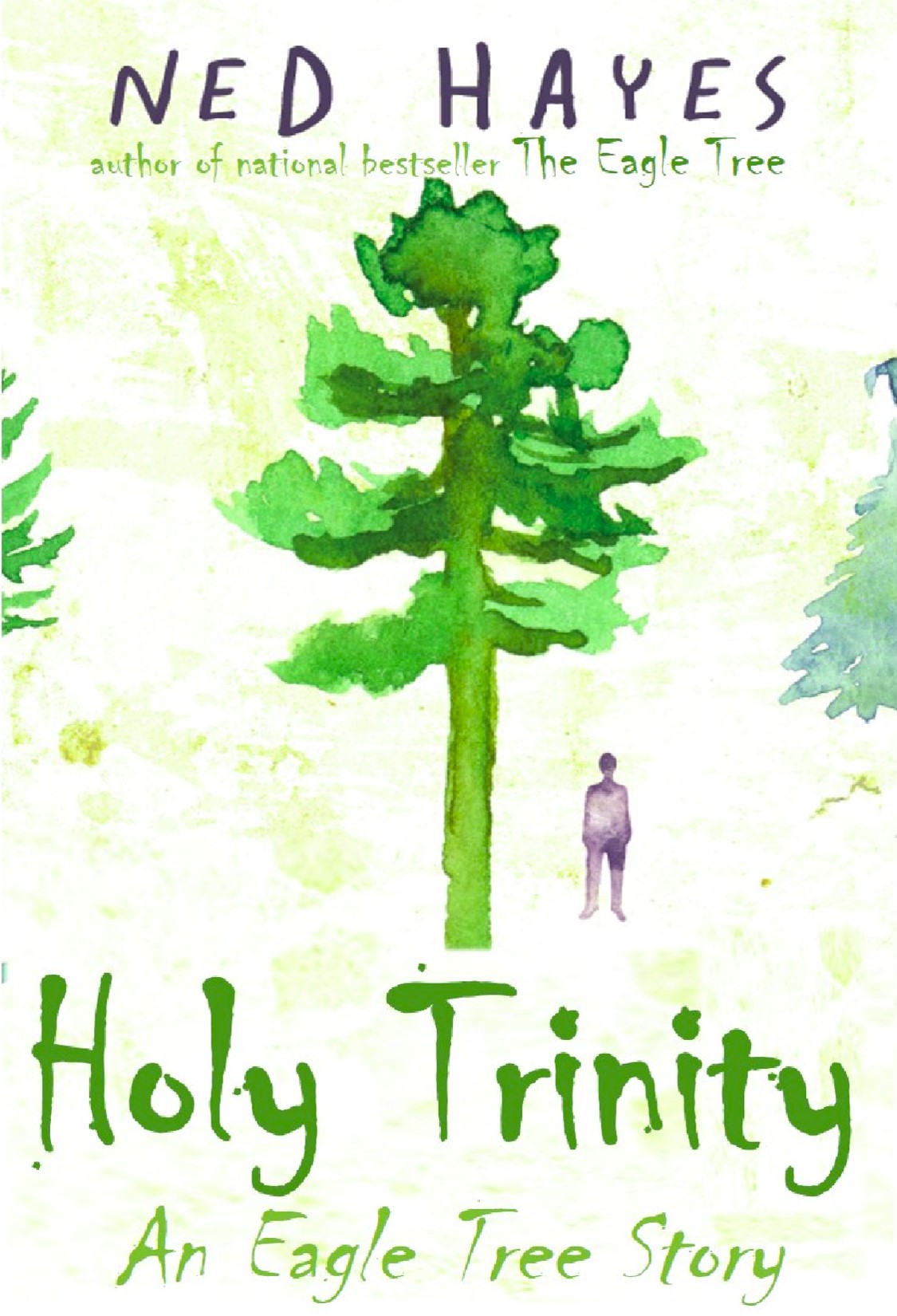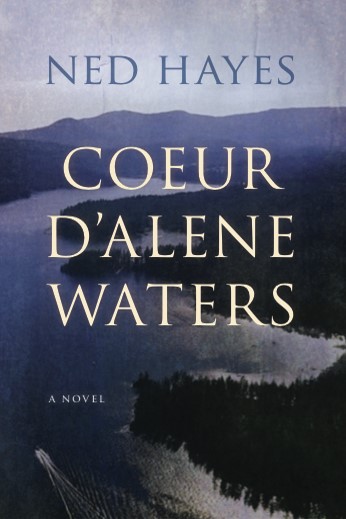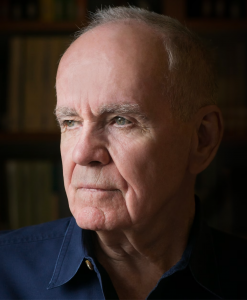 On June 13, at the age of 89, Cormac McCarthy passed away at his home in Santa Fe, New Mexico. I was profoundly unsettled and provoked by McCarthy’s work, and I found his work to be powerful and insightful. His writing always delved into the darker aspects of human nature, crafting lean and poetic novels. His themes might be quite different than mine — he was an author known for his powerful and often violent themes — yet his focus on the human condition was unflinching and poignant. His ability to transport readers to the depths of despair, tenderness, and savagery within the backwoods of Tennessee, the deserts of the Southwest, and post-apocalyptic landscapes was truly remarkable.
On June 13, at the age of 89, Cormac McCarthy passed away at his home in Santa Fe, New Mexico. I was profoundly unsettled and provoked by McCarthy’s work, and I found his work to be powerful and insightful. His writing always delved into the darker aspects of human nature, crafting lean and poetic novels. His themes might be quite different than mine — he was an author known for his powerful and often violent themes — yet his focus on the human condition was unflinching and poignant. His ability to transport readers to the depths of despair, tenderness, and savagery within the backwoods of Tennessee, the deserts of the Southwest, and post-apocalyptic landscapes was truly remarkable.
Many writers regarded McCarthy as a successor to William Faulkner, as he shared Faulkner’s fascination with themes of loss, suffering, bloodshed, and fate. Saul Bellow praised McCarthy’s unparalleled use of language, describing his sentences as both life-giving and death-dealing. In his own words, McCarthy once stated that anything not concerning life and death failed to captivate him.
For the first 25 years of his career, he remained a cult figure, often described as a “writer’s writer” who shunned the limelight and lived reclusively. Although his early books struggled to find a wide readership, receiving modest sales and challenging reviews due to their harrowing content, McCarthy’s writing style gradually became more accessible over time. Notably, he received the National Book Award, the National Book Critics Circle Award for “All the Pretty Horses” (1992), and the Pulitzer Prize for “The Road” (2006), a haunting tale of a father and son navigating a post-apocalyptic United States.
Cormac McCarthy’s literary legacy left an indelible mark on my work as a writer. His ability to craft stories that challenge, disturb, and transport readers has deeply influenced my own writing. He remains an unparalleled storyteller, unafraid to confront the darkest aspects of humanity while simultaneously showcasing the beauty and resilience that can emerge in the face of adversity.
However, McCarthy was unusual in the modern era because he felt the work should speak for itself. Since this was his belief, he was notorious for not doing publicity — he didn’t do interviews, television appearances, broadcast pieces or nearly anything that was publicly accessible. Here are two of his rare public appearances.
The first is an hour long interview with David Krakauer, and the second is his 10 minute interview with Oprah Winfrey.
Guide to the Works of Cormac McCarthy
Here’s a brief guide to Cormac McCarthy’s oeuvre for those new to the work:
“Blood Meridian” (1985): McCarthy’s most violent and renowned novel introduces the infamous character Judge Holden, leading a gang on a brutal killing spree across the Mexico-Texas borderlands. The book’s power lies in its unflinching portrayal of violence and its exploration of existential themes, leaving a lasting impact on readers.
“Suttree” (1979): Drawing inspiration from McCarthy’s own life, this novel delves into the lives of dissolute river-dwellers in Knoxville, Tennessee. McCarthy’s expansive language creates vivid images and evokes a sense of the netherworld, capturing the reader’s attention and leaving a knuckle-to-the-head impact.
“All the Pretty Horses” (1992): The first installment of the Border Trilogy, this accessible and classic novel follows the journey of 16-year-old John Grady Cole to Mexico with his horse. McCarthy skillfully combines action and literary ambition, providing readers with an enthralling narrative that defies the conventions of the modern age.
“The Crossing” (1994): In this sequel, McCarthy introduces brothers Billy and Boyd Parham, taking readers on a compelling journey exploring the relationship between humans and animals. McCarthy’s unique blend of ecological themes and magical realism creates a narrative that is both captivating and thought-provoking.
“The Road” (2006): McCarthy’s haunting venture into science fiction, this bleak yet powerful novel portrays a father and son’s struggle for survival in a post-apocalyptic world. Its chilling portrayal of human desperation and resilience forces readers, like me, to confront uncomfortable questions about the human condition, leaving a lasting impact.
The early novels: “The Orchard Keeper” (1965), “Outer Dark” (1968), “Child of God” (1973): McCarthy’s first novels offer a dark and harrowing vision of humanity. These early works established McCarthy’s unique voice and set the stage for his later achievements.

